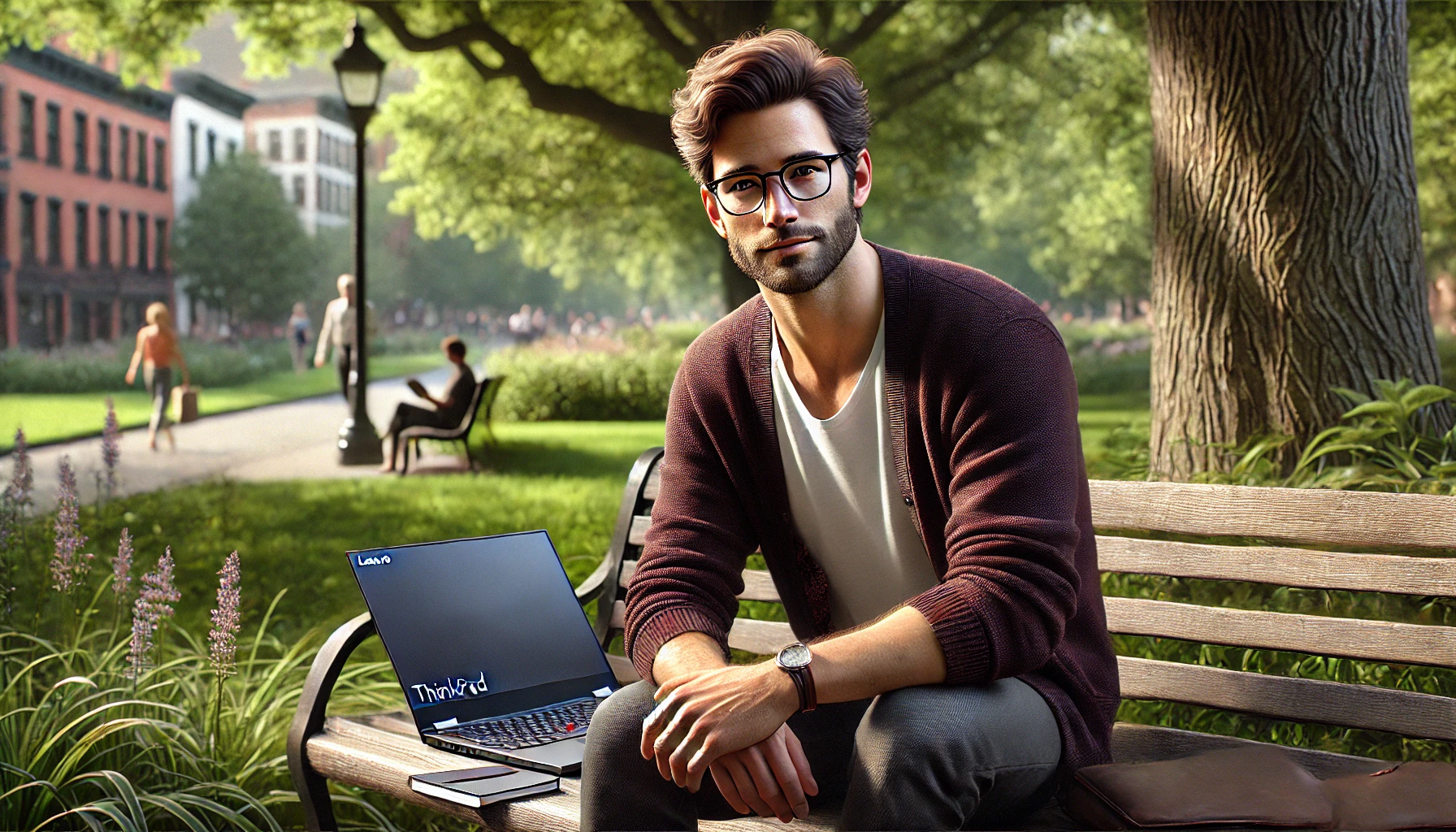Diagnosed With ADHD
Over 40
What does it actually feel like to be diagnosed with ADHD as an adult?
Why This Diagnosis Hits Harder Than You Expect
Getting diagnosed with ADHD as an adult is a completely different experience from getting diagnosed as a kid. When kids are diagnosed, they grow up knowing their brain works differently. They get the chance to develop coping strategies early, have access to school accommodations, and—if they’re lucky—find people around them who actually understand what they’re going through.
Most importantly, there is almost always a system designed to help them learn about ADHD. They find out quickly what it is and what it is not. They talk with someone who can tell them exactly what they feel that is different from everyone else and how they can best approach for learning and what to do for their future. They do not have to go out and find it because the services are readily available for children.
But when you get diagnosed as an adult, it hits like a freight train.
Most adults don’t go looking for an ADHD diagnosis—it usually sneaks up on them when they’re trying to figure out why life feels harder than it should. For some, it starts when their kid gets diagnosed. They dive into researching ADHD to help their child, only to realize they check every box, too. Others hit a breaking point at work or in their personal life—constantly missing deadlines, struggling to stay organized, or feeling like they have to work twice as hard just to keep up. Some get diagnosed with anxiety or depression first, spending years treating symptoms that never fully go away because ADHD was the root cause all along.
Then, there are the ones who stumble across ADHD content online—a TikTok, a podcast, a random article—and suddenly, everything clicks. They see a meme about forgetting what they were saying mid-sentence and think, Wait… that’s not normal? Or they hear someone describe time blindness and realize they’ve been living in survival mode for as long as they can remember. And sometimes, it’s a partner, a friend, or even a therapist who points it out first. No matter how it happens, that moment of realization is a gut punch. It’s both a relief and a reckoning—finally having answers but also looking back on years of struggle and thinking, How did no one catch this sooner?
My Path to Diagnosis
For me, this realization came during what I thought was a routine process—I was diagnosed with situational anxiety while fighting for custody of my oldest daughter in court. I thought it was normal for people to feel the way that I did when dealing with any type of court process until my primary doctor told me that what I was experiencing wasn’t just nerves. He said treating anxiety was outside of his professional expertise, so he recommended that I see a psychiatrist.
A few months later, I finally found an office with availability, and the psychiatrist sat down with me for 20 minutes. She asked about what I was feeling and my past and then told me she believed I wasn’t dealing with situational anxiety at all. Instead she diagnosed me with PTSD stemming from a bad car accident where I survived, but two others did not. She prescribed medication and strongly recommended talk therapy.
To be honest, I didn’t really believe her at first. PTSD was a military thing, right? I had never served. My issues were from being nervous in a courtroom, and that had nothing to do with the military. But I did what she asked and looked for a therapist. That turned out to be much harder than I expected. One office had too many patients. Another never answered their phone. A third had no receptionist. It wasn’t until my wife contacted our insurance company and worked through the list they gave us that we finally found a therapist who had room for me.
Almost two months after my psychiatrist told me I needed talk therapy, I finally found someone. The problem was I didn’t even know why I was there. When he asked, I told him, “I’m not sure, but my psychiatrist said I needed talk therapy, so here I am.” Two sessions later, I was diagnosed with PTSD again—this time, not just because of the accident but also because of childhood experiences and how I responded to the court case. Apparently, the way I handled (or didn’t handle) the stress of the court case after my accident made all courtrooms a triggering situation for me. At least now, I knew why I felt the way I did in court fighting for my daughter. Unfortunately, I still had more questions than answers.
Months later, during one of our sessions, I mentioned that coffee didn’t have the same effect on me that it has on other people. I drink it most of the day because it calms me down and focuses me. That made my therapist say, “You might have ADHD.” That caught me off guard. I was there for PTSD, not some other four-letter problem. Working through PTSD was already opening up things that I had covered up long ago, and I was already dealing with a lot.
I didn’t think I had ADHD. But then again, I didn’t think I had PTSD, and here we are. To convince myself that I didn’t, I asked him how I would know for sure. He pulled out the DSM-5, and we ran through the criteria. Fifteen minutes later, he told me I met the criteria for ADHD—easily. But for a formal diagnosis, I would have to go through testing with a psychiatrist. Luckily for me, this time, I already had one.
A week later, I was sitting in her office, answering questions. She seemed skeptical. In her words, ADHD is a childhood diagnosis, and if I had it, the system would have caught it already. It felt cold, like I was just another number on a chart. But she referred me for testing anyway.
The test itself was frustrating. I sat in front of a laptop, playing what felt like a matching game. When I got something right, I heard an annoying ding. When I got it wrong, a buzzer abruptly sounded and caught me off guard. It was designed for kids, and I was failing it. When it ended, nobody came in to talk to me. The screen simply told me to go schedule a follow-up at the front desk.
Three weeks later, I sat in my psychiatrist’s office again. She went over my results, asked a few questions, and then told me she was sending a prescription to my pharmacist. That was it.
I sat there, waiting for some kind of explanation, and finally asked, So… do I have ADHD or not? She looked at me blankly and said, “Yes. That’s why I sent the prescription.” Do you have any questions? My mind went blank. I suddenly didn’t know what questions to ask.
I had my answer. And yet, I walked out of that office feeling… nothing. Like something was missing. I immediately messaged my therapist, letting him know the results and sending him the name of the prescription. I figured he had a list of what I was already taking, and I needed to send this to him to update the prescriptions list. I was not expecting a response. Within minutes, he responded, asking me to make notes over the weekend of any questions I had and that we would go over them in my next session. I thanked him, and he responded again, saying he was looking forward to our next session. Well, at least one person actually cared about me.
That reminded me that what caught his attention was the fact that coffee calmed me down. That was my first question. Why does coffee calm down someone with ADHD and act as a stimulant for everyone else? So I pulled out my phone and searched the question. What I found astonished me. ADHD brains often have lower dopamine levels, which makes it harder to regulate focus, motivation, and impulse control. Stimulants like caffeine temporarily increase dopamine and norepinephrine, helping to balance these deficiencies.
That hit me like a rock. I have been sitting in coffee shops for hours a day since I was a freshman in high school. As a student, I would study. I found that the environent calmed me down. My teachers questioned me. Most people told me that coffee was bad for me. My trainer in college said it was going to kill me. Yet I have continued to work out of coffee shops to this day. Matter of fact I am writting this in a coffee shop right now. Who knew that it wasn’t the environment but rather the coffee that calmed me down. . . .
When I looked up from my phone I realized that while I researched this I had passed my car and now was all the way across the parking lot and almost to the street. I immediately became frusterated. I have had ADHD my whole life and NOBODY CAUGHT IT!!! Nobody paid attention to me becasue I was the kid with darker skin in a racist town. In High School, I was the dumb jock with rage issues who had no free time. In college I was part of the football team and we were just treated differently then everyone else on campus. I spent my whole life working my tail off only to figure out that I had a brain that didn’t get what it needed and if someone would have just paid attention to me they would have seen it. Nobody until my therapist in my 40s asked about a cup of coffee that I had brought in with me to a session.
When I got to the car, I called my Mom to let her know. I told her I had ADHD, and she asked, What does that mean for you? How did we not know this sooner? What does this mean for me and my work? I told her that I didn’t have many answers right now, but I wanted to know if a cousin had ADHD. She said he didn’t but wanted to be kept updated on how things were going. Now, I had two people who cared. . . and a lot more questions to answer.
I turned on my car and started to drive. Immediately, I started feeling tired. Instead of driving to work, I decided I would drive home and take a brief nap and then get started with work. When I got home, I talked to my wife about having PTSD. She hugged me and immediately asked, “How can I help?” I stared at her, completely blank, and admitted, I don’t know. She asked if there was anything she could do. I told her I didn’t know that either. . . more questions that I didn’t know the answer to.
That made 3 people who cared, yet for some reason, I wasn’t one of them. I was not really sure what was going on. My mind was unusually blank, and I couldn’t figure out what I was supposed to think. . . what to feel. . . or even care about what I didn’t know. I am a person who if I don’t know it frusterates me until I can figure it out. Yet in an hour I had accumulated lots of questions and my brain was completely blank. This was different for me. . . and I did not even seem to care. This was far different from what a child’s experience would have been. No guidance. No next steps. Nothing. Just another diagnosis. More pills to take. I guess knowing didn’t really matter. Only three people cared, and I wasn’t even one of them.
Why This is So Hard to Accept?
For years, I believed that if I just worked harder, I could overcome anything. It’s how I survived school. I was never the smartest guy in the room, but I made sure I outworked everyone. My classmates passed classes without effort; I had to grind through hours of studying just to scrape by. I spent every free period in the study hall or a coffee shop, took the 0 Block early morning class just to make a 2.0 and be academically eligible to play sports.
I had that same outwork everyone mentality in sports. I would show up 2 hours before my 0 Block class to weightlift. Then, after school, I would go to practice for two hours and then sit in the coach’s office for another hour or two breaking down film. I succeeded in sports because I outworked everyone on and off the field, spending 3+ extra hours a day or about 15 extra hours a week more than the rest of my teammates. Once I got home, I would spend another 2 hours on schoolwork trying to catch up on what I was having a hard time remembering from my classes that day.
Now, this diagnosis was telling me that it was never just about effort—my brain actually worked differently. And suddenly, all those years of struggle made a lot more sense.
This Isn’t the End—It’s the Beginning
Here’s the good news: Now you know. You can stop fighting yourself. You can stop blaming yourself. You can finally start working with your brain instead of constantly trying to force it into systems that were never built for the way you think. I have found out that all people with ADHD brains work differently and that is ok. I am on a journey to find out exactly my brain needs. I invite you to come with me to learn about yours.
This is going to feel like sitting down in a coffee shop with a friend who gets it. You’ll get facts, but you’ll also get real experiences. And hopefully, at some point, you’ll have that Ah-ha, now this makes sense moment. For me that Ah-ha moment is my coffee moment. The point where I realized that coffee has actually been my biggest supporter most of my life, and I didn’t even know it.
ADHD may have shaped your past, but it doesn’t have to define your future. Let’s figure this out together.



